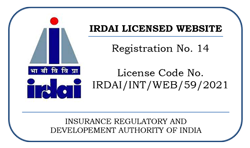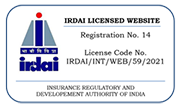Car insurance is a type of insurance policy that provides financial protection against losses or damages related to owning and operating a vehicle. It is designed to cover expenses resulting from accidents, theft, vandalism, natural disasters, and other unforeseen events involving the insured vehicle.
Car insurance typically offers different types of coverage, including:
- Liability Coverage: This covers the costs of property damage or injuries caused to others in an accident where
the insured driver is at fault.
- Collision Coverage: This covers the costs of repairing or replacing the insured vehicle if it is damaged in a collision, regardless of fault.
- Comprehensive Coverage: This covers damages to the insured vehicle caused by non-collision incidents, such as theft, vandalism, fire, natural disasters, or falling objects.
- Personal Injury Protection (PIP): This coverage pays for medical expenses, lost wages, and other related costs for the driver and passengers injured in an accident, regardless of fault.
Car insurance policies require the policyholder to pay a premium, which can be paid annually, semi-annually, or monthly. The premium amount is determined based on factors such as the driver's age, driving record, location, type of vehicle, and coverage options chosen.
In the event of an accident or loss, the policyholder can file a claim with the insurance company. The insurer will assess the damages, review the policy terms, and provide compensation according to the coverage limits and deductibles specified in the policy.
Car insurance is not only a legal requirement in many jurisdictions but also provides financial protection and peace of mind to vehicle owners. It helps cover the costs of repairs, medical expenses, legal fees, and other associated expenses that may arise from accidents or unforeseen incidents. It is important to carefully review the terms, conditions, and coverage limits of car insurance policies to ensure they meet individual needs and provide adequate protection.



